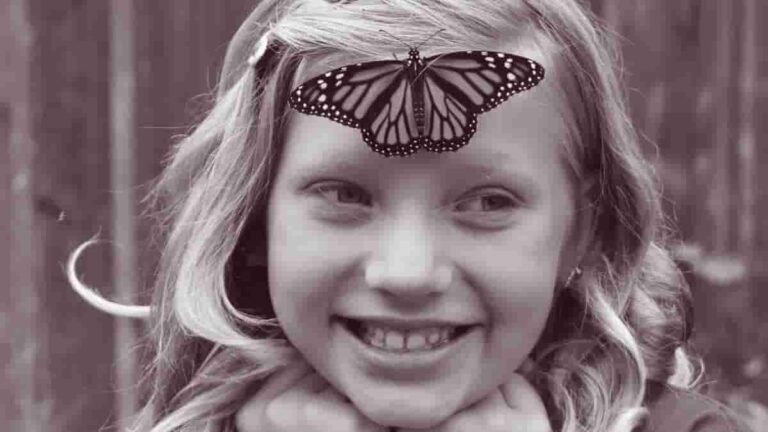A baby crying not only demands our attention, it also changes executive function in the brain, the very neural and cognitive processes we use to make everyday decisions. A new study looked at the effect infant vocalizations, in this case audio clips of a baby laughing or crying, had on adults completing a cognitive conflict…
Why We Can’t Tickle Ourselves
Some of us are more ticklish than others, but nearly everyone is unable to tickle themselves. The answer is tied to how we see and how we perceive movement. To get to the bottom of why we can’t tickle ourselves, let’s first examine another phenomenon. Close one eye, and then carefully push against the side…
Antibiotics Affect Both Gut Microbiota and Adult Neurogenesis
Antibiotics which affect levels of gut bacteria can also halt the growth of new brain cells in the hippocampus, a section of the brain associated with memory, reports a study in mice. Researchers also uncovered a clue to why. A type of white blood cell seems to act as a communicator between the brain, the…
Blindness And Visual Impairment In US To Double By 2050
The last of the baby boomers will turn 65 by 2029, but the number of cases of visual impairment or blindness in the United States is expected to double to more than 8 million by 2050. This, according to projections based on the latest census data, plus from studies funded by the National Eye Institute,…
Could Microglia Protect Against Alzheimer's Damage?
Groups of immune cells in the brain heretofore associated with Alzheimer’s actually protect against the disease by containing the spread of damaging amyloid plaques, a new Yale University School of Medicine study shows. The findings give further support for the idea that inflammation byproducts of these immune cells are probably not a major culprit in…
What Are Granule Cells?
The term granule cell (GC) is used by anatomists for a number of different types of neurons whose only common feature is that they all have very small cell bodies. They are found within the granular layer of the cerebellum, the dentate gyrus of the hippocampus, the superficial layer of the dorsal cochlear nucleus, the…
Enhancing Hippocampus Cortex Coupling Improves Memory
Scientists in the Center for Interdisciplinary Research in Biology (CNRS/INSERM/Collège de France) have produced direct evidence that the long-term storage of memories involves a dialogue between two brain structures, the hippocampus and cortex, during sleep. By improving this dialogue, they succeeded in triggering the consolidation of memories that would otherwise have been lost. Since the…
Lyrica: The Epilepsy Drug That Treats Chronic Nerve Pain
Lyrica is the brand name for a prescription medicine called pregabalin. Although it is an anticonvulsant, or an anti-epileptic drug, pregabalin is commonly prescribed to alleviate nerve or neuropathic pain – a type of pain caused by damage to, or a disease affecting, nerves. Neuropathic pain doesn’t normally respond to common painkillers such as ibuprofen…
ADHD Can Be Triggered In Adulthood For Some
Attention-deficient hyperactivity disorder (ADHD) may often develop in the young adult years, a new study from King’s College London suggests. ADHD is a developmental disorder characterised by hyperactivity, inattention, and impulsiveness. It is one of the most common behavioral disorders in children and widely believed in adults to be the continuation of the disorder from…
